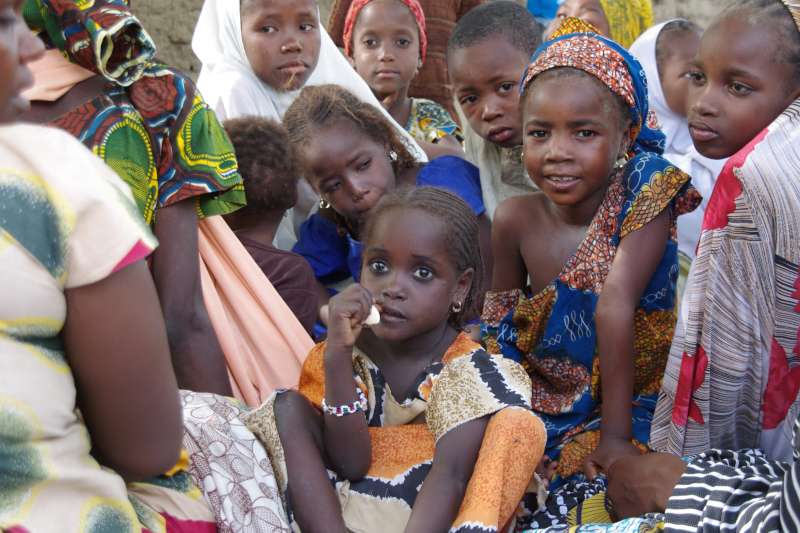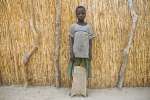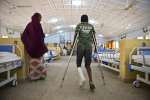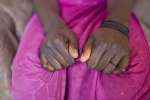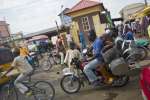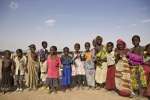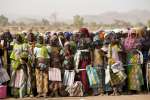- Text size
 |
|  |
|  |
| 
- Français
UNHCR urges against forced returns to Nigeria amid rising violence in the north
News Stories, 29 October 2013
GENEVA, October 29 (UNHCR) – Amid rising violence in north-east Nigeria, the UN refugee agency on Tuesday issued a new return advisory (in refworld) urging countries in the region against forced returns of people fleeing the affected area.
"We are also urging that borders be kept open for Nigerians fleeing the country and who may be in need of international protection," UNHCR spokesman Dan McNorton told journalists in Geneva, adding that the advisory seeks to ensure that humanitarian and asylum principles are upheld in light of the worsening security situation in north-east Nigeria.
Conflict between the Nigerian army and insurgents in Nigeria's Adamawa, Borno and Yobe states has led to deteriorating security and humanitarian conditions in the region, which has been under a state of emergency since May. The violence has displaced an estimated 5,000 people within the region, but humanitarian access is difficult and UNHCR believes the number affected could be much higher.
Some 10,000 Nigerians have also crossed into neighbouring Cameroon, Chad and Niger in recent months. More than 80 per cent have sought refuge in Cameroon, according to local authorities, who say that people continue to arrive.
McNorton also said UNHCR was "alarmed" at reports of the attempted refoulement (forced return) of 111 people from northern Cameroon to Nigeria on October 5. During the incident, 15 people were reportedly killed and seven injured. The remaining 89 fled back to Cameroon and were detained. "UNHCR is working with the government of Cameroon to assess whether there are people in the group in need of international protection," McNorton said.
In light of the security situation in north-eastern Nigeria, people fleeing are likely to meet the criteria for refugee status as outlined in the 1951 UN Refugee Convention and the OAU Convention. "UNHCR's return advisory will remain in effect until the security and human rights situation in north-eastern Nigeria has improved sufficiently to permit a safe and dignified return," the spokesman said.
